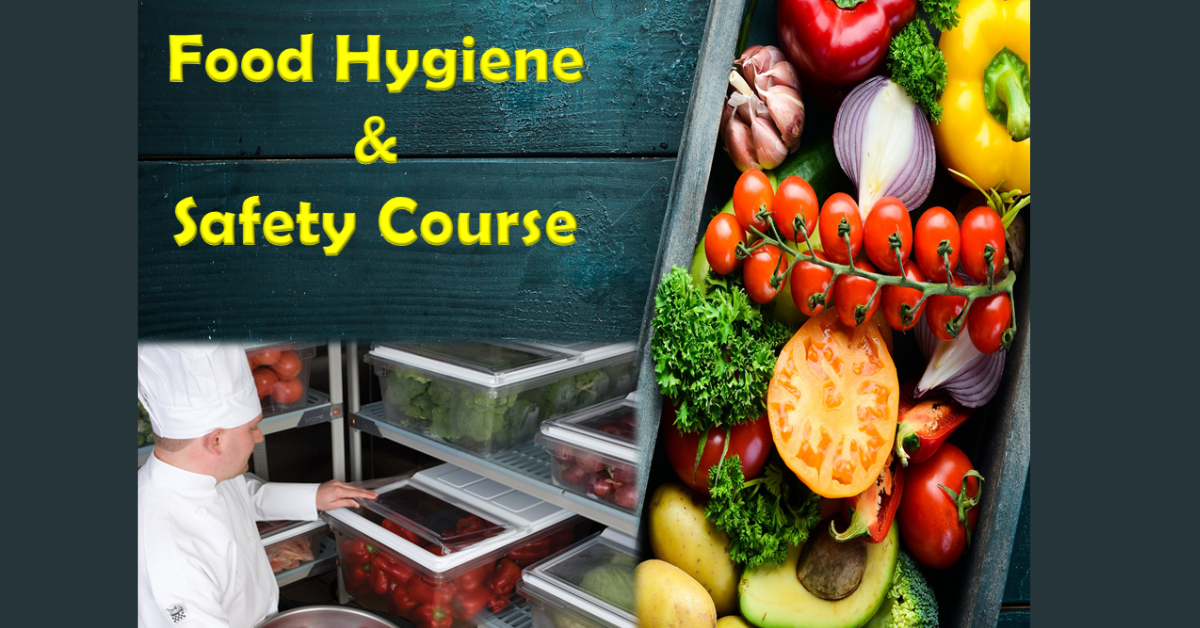Advancing Your Career with Food Safety Course Level 3 in Singapore
Singapore is renowned for its high standards in food hygiene and public health. With a dynamic food and beverage (F&B) industry that includes everything from hawker stalls to five-star restaurants and food manufacturing plants, maintaining top-notch hygiene practices is non-negotiable. That’s where the Food Safety Course Level 3 becomes an essential qualification for those in supervisory or managerial food-handling roles.
As Singapore continues to evolve as a global culinary hub, the demand for skilled food professionals who understand not just food preparation, but also safety protocols, has significantly increased. The Food Safety Course Level 3 is designed to meet this demand, preparing individuals to lead teams, implement safety systems, and ensure compliance with national regulations.
The Importance of Food Safety in Singapore’s F&B Sector
Singapore’s reputation for cleanliness extends to every aspect of its food industry. This is largely due to strict enforcement by the Singapore Food Agency (SFA), which requires all food establishments to adhere to specific food hygiene practices. Foodborne illnesses are taken seriously, with regular inspections, fines, and even closures issued for violations.
Given this environment, food safety is not just a matter of legal compliance but a crucial factor in maintaining a strong customer base and a trustworthy brand. Establishments are expected to have certified personnel who understand food hazards, risk prevention, and hygiene standards — responsibilities that are central to those who have completed the Food Safety Course Level 3.
Who Should Enrol in the Food Safety Course Level 3?
This course is targeted at professionals who already have experience in food handling and are stepping into more senior roles. Ideal candidates include:
-
Kitchen managers
-
Sous chefs or head chefs
-
Food business owners
-
Food hygiene officers
-
QA managers in food manufacturing
If you are in charge of managing other food handlers, designing food safety procedures, or ensuring daily compliance in a food-related business, this course equips you with the knowledge and skills needed to perform these responsibilities effectively.
What the Course Covers
The Food Safety Course Level 3 builds upon the foundational knowledge gained in Levels 1 and 2. It offers more in-depth training focused on food safety management at the operational level. Here are some of the key topics usually covered:
-
Food Safety Hazards and Risk Assessment: Understanding biological, chemical, and physical hazards in food.
-
Food Safety Management Systems: Implementing systems such as HACCP (Hazard Analysis and Critical Control Points).
-
Supervisory Responsibilities: Learning how to manage teams, monitor hygiene standards, and train food handlers.
-
Regulatory Requirements: Familiarity with Singapore’s food safety laws, including licensing, audits, and record-keeping.
-
Cleaning and Sanitation: Developing effective cleaning schedules and pest control plans.
-
Incident Response: Knowing what to do in the event of contamination, customer complaints, or audit failures.
The comprehensive structure of this course ensures that graduates are prepared not only to comply with regulations but to lead improvements in food safety practices across the board.
Benefits for Businesses and Individuals
Investing in staff who have completed the Food Safety Course Level 3 brings measurable benefits to food businesses. These include:
-
Improved Compliance: Businesses reduce the risk of non-compliance with national food safety laws, avoiding fines and license suspensions.
-
Customer Confidence: Demonstrating a proactive approach to food safety builds trust and enhances the business reputation.
-
Operational Efficiency: Trained supervisors can identify inefficiencies or hygiene risks early, preventing costly errors or food recalls.
-
Prepared for Audits: With proper documentation and trained personnel in place, businesses can confidently face food safety audits.
For individuals, this certification is a powerful tool for career growth. It not only enhances your knowledge but also adds credibility when applying for leadership roles. Many employers view Level 3 certification as a standard requirement for managerial positions in kitchens, food plants, and catering companies.
Course Delivery and Assessment
Training providers in Singapore offer the Food Safety Course Level 3 through flexible formats, often including:
-
In-person classes
-
Blended learning (a mix of online modules and physical sessions)
-
Assessments through written tests, projects, or oral interviews
The course usually spans a few days, and learners must pass both theoretical and practical assessments to receive certification. This ensures that participants can not only understand food safety concepts but also apply them effectively in real-world situations.
Staying Competitive in a Changing Industry
The F&B industry in Singapore is rapidly modernising, with greater focus on sustainability, automation, and digital transformation. Central kitchens, food delivery platforms, and imported ingredients are now part of the everyday operations of many food businesses. These new business models introduce complex risks in food safety that must be managed carefully.
The Food Safety Course Level 3 helps professionals keep up with these industry changes. By understanding how to develop and enforce food safety systems, you’re better equipped to adapt to new regulations, technologies, and consumer expectations.
Additionally, as Singapore positions itself as a smart nation, data-driven food safety systems are becoming more common. Trained personnel are expected to interpret reports, identify trends, and improve safety protocols — tasks that are central to what Level 3 certification teaches.
Ensuring Long-Term Business Sustainability
For business owners, having Level 3 certified staff is a long-term investment. It fosters a culture of accountability and continuous improvement. Instead of reacting to food safety problems only when they arise, your business can prevent them through proactive planning and trained leadership.
Food safety incidents not only cause operational setbacks but can also lead to brand damage and loss of customer loyalty. A single case of contamination can go viral online, impacting years of hard-earned reputation. Therefore, the presence of certified managers can help detect early warning signs and take corrective action before issues escalate.
Final Words
The Food Safety Course Level 3 is more than just a mandatory certificate — it’s a mark of professionalism, readiness, and leadership in the food industry. For those in Singapore’s competitive F&B landscape, having this qualification is a crucial step in elevating career opportunities and maintaining top standards of food hygiene.
Whether you’re managing a food processing facility, running a busy restaurant, or leading a central kitchen, this course provides the knowledge and confidence needed to uphold food safety in line with Singapore’s high standards. As customer expectations continue to rise, and regulations become stricter, Level 3 certification is not just recommended — it’s essential.





